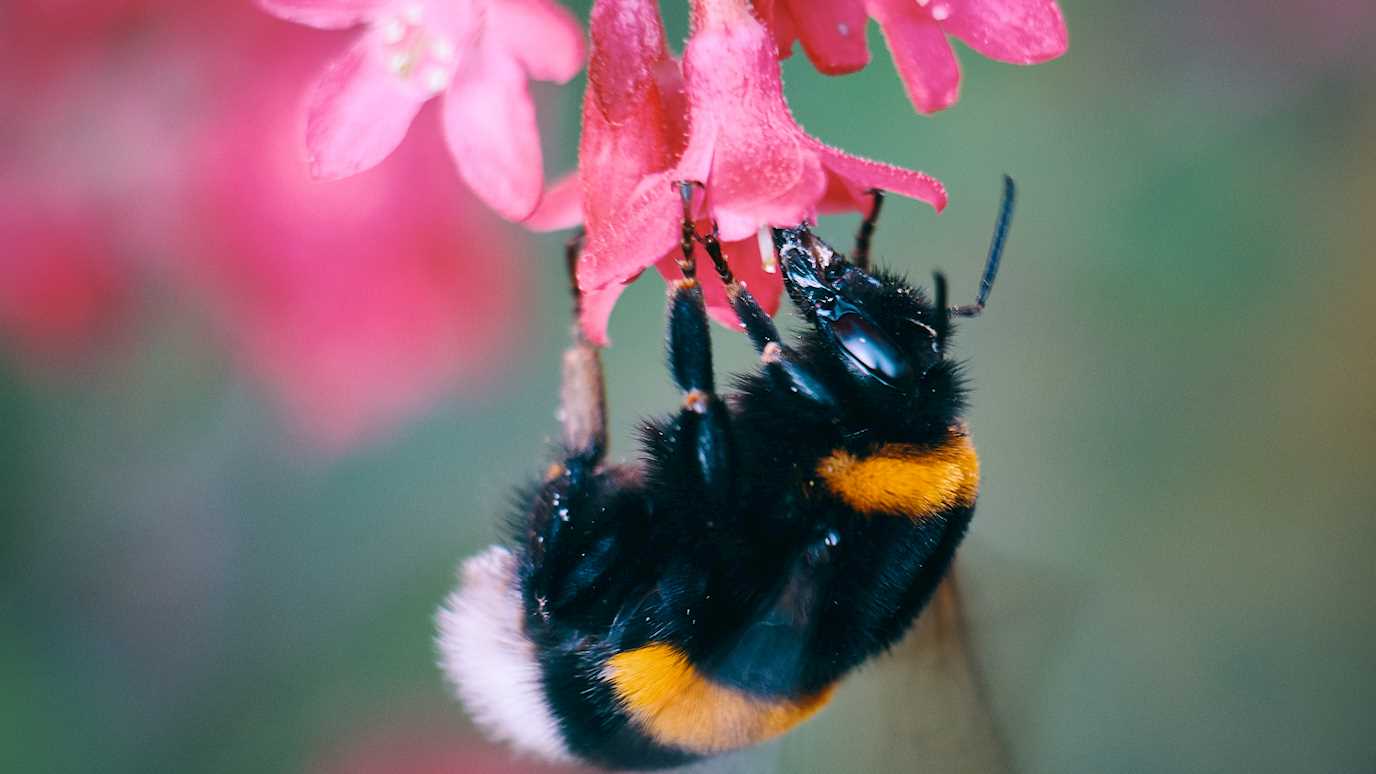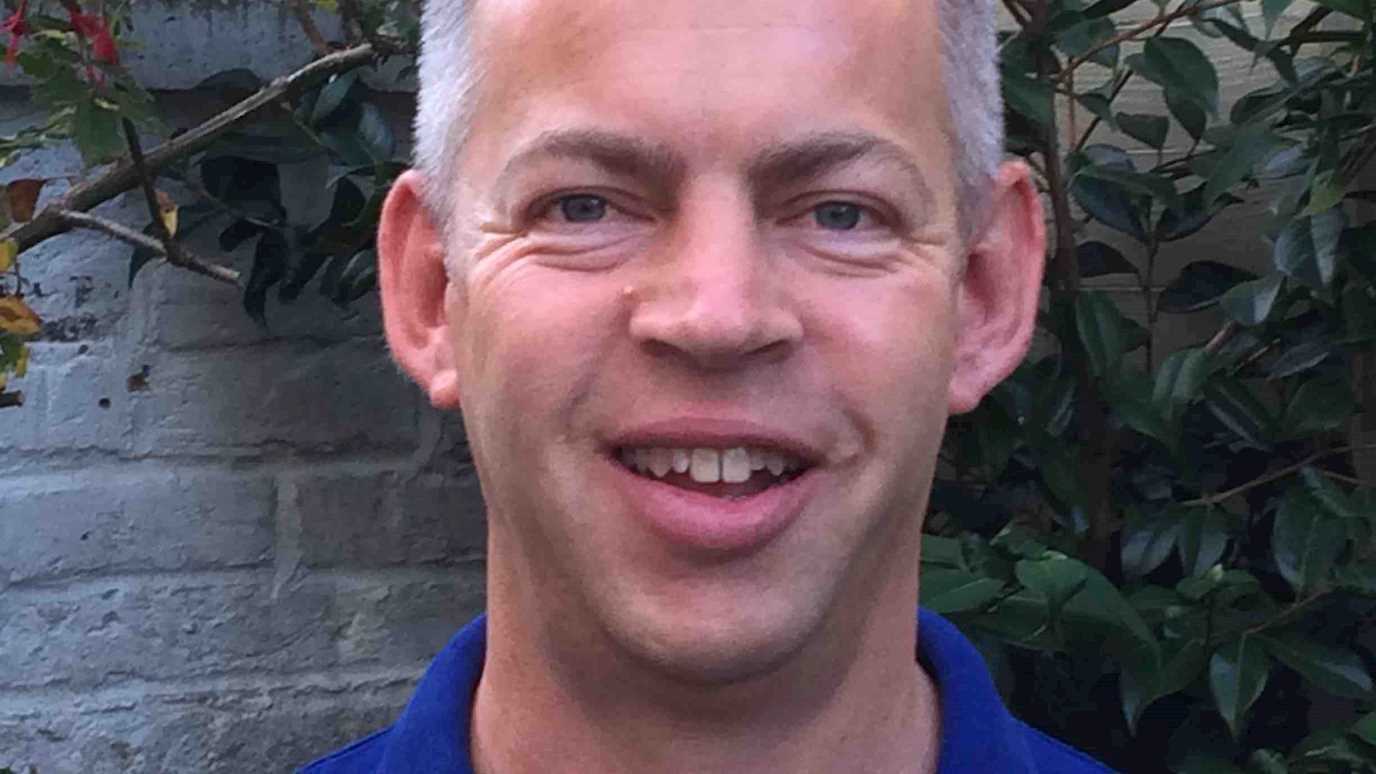Researchers from Royal Holloway, have found that an insecticide used in more than 81 countries, including within the EU, could contribute towards a global decline in bumblebees.

Bumblebee - photo by Thomas Millet
The academics found that Sulfoxaflor, which is licenced for use in the US, Australia and China was shown to have a negative effect on the growth of bumblebee larvae, potentially stunting their development and leading to colony level declines.
The new study, ‘Individual and combined impacts of sulfoxaflor and Nosema bombi on bumblebee (Bombus terrestris) larval growth', was carried out by Dr Harry Siviter, Dr Arran Folly, Professor Mark Brown and Professor Elli Leadbeater from the Department of Biological Sciences at Royal Holloway.
It shows that when bumblebee larvae are exposed to Sulfoxaflor, there is a 61% reduction in the bumblebee larval growth, in comparison to those that were unexposed. In addition, when bumblebee larvae were exposed to both Sulfoxaflor and the common fungal parasite, Nosema bombi (N. bombi), larval mortality increased by 20%.
Dr Harry Siviter, from Royal Holloway, said: “Bumblebee larvae develop into the colony’s future workers and so healthy larval growth is vital.
“If larval development is impaired by insecticides or parasites, we would expect to observe negative consequences on bumblebee colony health.
“Within our research, we demonstrate that the use of insecticides, such as Sulfoxaflor, could contribute towards widely-documented global insect declines and also show that, in its current form, the insecticide regulatory process does not adequately protect bees from the negative effects of agrochemical exposure.”
Professor Elli Leadbeater, from Royal Holloway, added: “Regulatory testing focuses on the effects of insecticides on healthy bees, but in reality, bumblebees are infected with a variety of pathogens and parasites, so it’s important that we understand how these stressors work together.”
Professor Mark Brown, from Royal Holloway, continued: “As we move towards a more sustainable agriculture, understanding how natural and human-produced stresses impact our bees will help us to develop new ways of working that maintains their health; allowing them to pollinate the crops we need to live. Healthy bees means healthy people.”
Dr Harry Siviter has also written an article in The Conversation
























